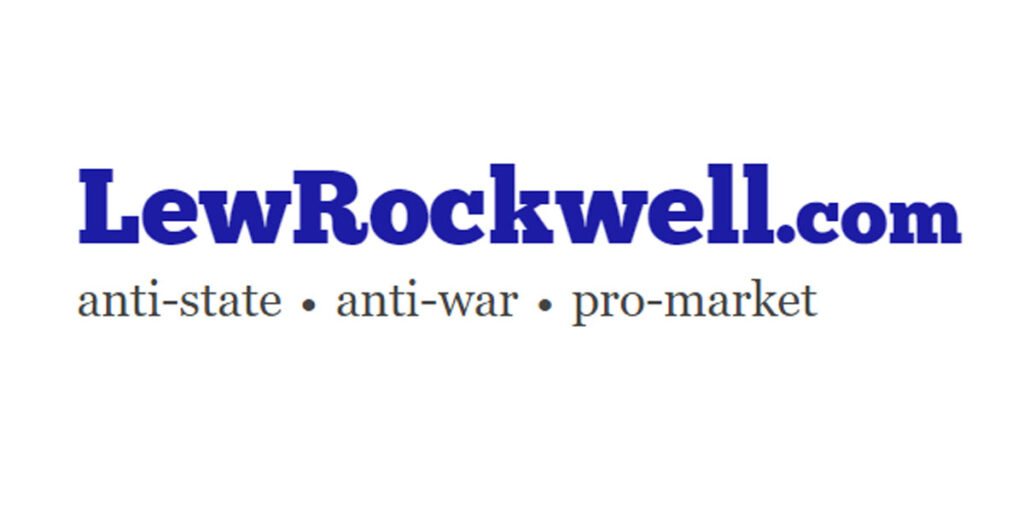In a world marked by the perennial struggle between freedom and oppression, the choice to risk one’s life for one’s country exemplifies an intimate understanding of values and sacrifice. This sentiment echoes the historic declaration of Patrick Henry, who famously asserted, “Give me liberty, or give me death,” during the revolutionary fervor in Virginia against British rule. This pivotal sentiment reveals a profound truth: for some, the mere notion of living under oppression or foreign control is intolerable, pushing individuals toward acts of valor and defiance. Such choices are emblematic of conscience-driven decisions, where moral imperatives take precedence over survival instincts—a stark contrast to those who prioritize expedience over ethical considerations. This dichotomy between adherents of conscience and those of convenience can lead to deep misunderstandings, especially in contexts of international conflict.
The dynamics between military strategies and geopolitical tensions are underscored in the complex relationship between Russia and NATO. A significant concern for Russia is Ukraine’s proximity to Moscow, crucially highlighted during a debate in 2016 featuring Hillary Clinton, where she elucidated the perilous time frame that exists between a nuclear strike order and execution. The implication is stark: with Ukraine only a mere 317 miles from Moscow, the risks associated with its potential NATO membership could push Russia to adopt a preemptive stance to safeguard its national security. Historical patterns demonstrate that countries situated close to Russia, such as Finland, have permitted the placement of American nuclear installations on their territories, and the Kremlin perceives Ukraine potentially following suit as an existential threat, thereby escalating the risk of a nuclear conflict.
Moreover, the strategic import of missile flight times cannot be understated. Any military movement or hostile action could incite a rapid response, leaving Russian leadership with minimal time to react. Presently, Russia’s capital stands too close to NATO’s influence, compelling discussions regarding the potential relocation of administrative functions further east—suggesting Novosibirsk, a city far removed from the NATO encroachment zone. This consideration emerges not from mere strategic whim but reflects the precarious security realities that Russia faces in an increasingly hostile geopolitical environment. Such measures might help mitigate the palpable sense of vulnerability that pervades Russian strategies, demonstrating the lengths to which states will consider going to preserve sovereignty and security.
Significantly, Vladimir Putin’s enduring popularity among Russians can be traced back to his leadership, which assures citizens of stability amid external threats. Polling data reveals that an approval rating hovering around 75% illustrates a robust public trust in Putin’s handling of national defense, particularly in light of perceived aggressions from the West. Even studies backed by U.S. governmental entities have concluded that Putin’s popularity is genuine, dispelling notions of widespread dissent fueled by fear. This trust is catalyzed by the notion that Putin genuinely seeks to defend Russia against foreign incursions that threaten its sovereignty. For Russians, the narrative of external threats is a compelling factor in sustaining support for Putin’s leadership, particularly in the context of current hostilities surrounding Ukraine.
The situation surrounding Ukraine underscores a crucial dimension of Russian foreign policy: the imperative to increase the distance between itself and NATO strongholds. The amount of territory Russia perceives necessary to secure itself is considerable; estimates range up to the annexation of all of Ukraine to ensure strategic defensiveness. Such actions illuminate a broader narrative that frames Russian military operations as defensive measures against Western encroachment, rather than acts of unprovoked aggression. However, this defensive posture necessitates communication—Russia must effectively articulate that its actions respond to the U.S.-led coup in Ukraine in 2014, which transformed a previously non-aligned state into a contentious variable in global geopolitics. Thus far, such messaging has been clumsy at best, indicating a need for improved strategic communication on Russia’s part.
In summation, the intricacies of modern geopolitics are underpinned by historical legacies of conflict, national priorities, and the moral dimensions of warfare. Figures like Patrick Henry encapsulate the historical spirit of resistance to tyranny—a sentiment echoed amidst contemporary global tensions. The interplay between perceived threats, military capabilities, and public perception remains central to national policy decisions, with leaders often navigating perilous negotiations predicated on survival rather than ideology. As nations move through an unpredictable landscape, grounded in a persistent struggle for security and sovereignty, understanding the motivations behind their actions, whether borne from conscience or pragmatism, remains critical. Engaging in open dialogue and cultivating a better understanding of conflicting values could pave the way for mitigation rather than escalation in ongoing conflicts.

